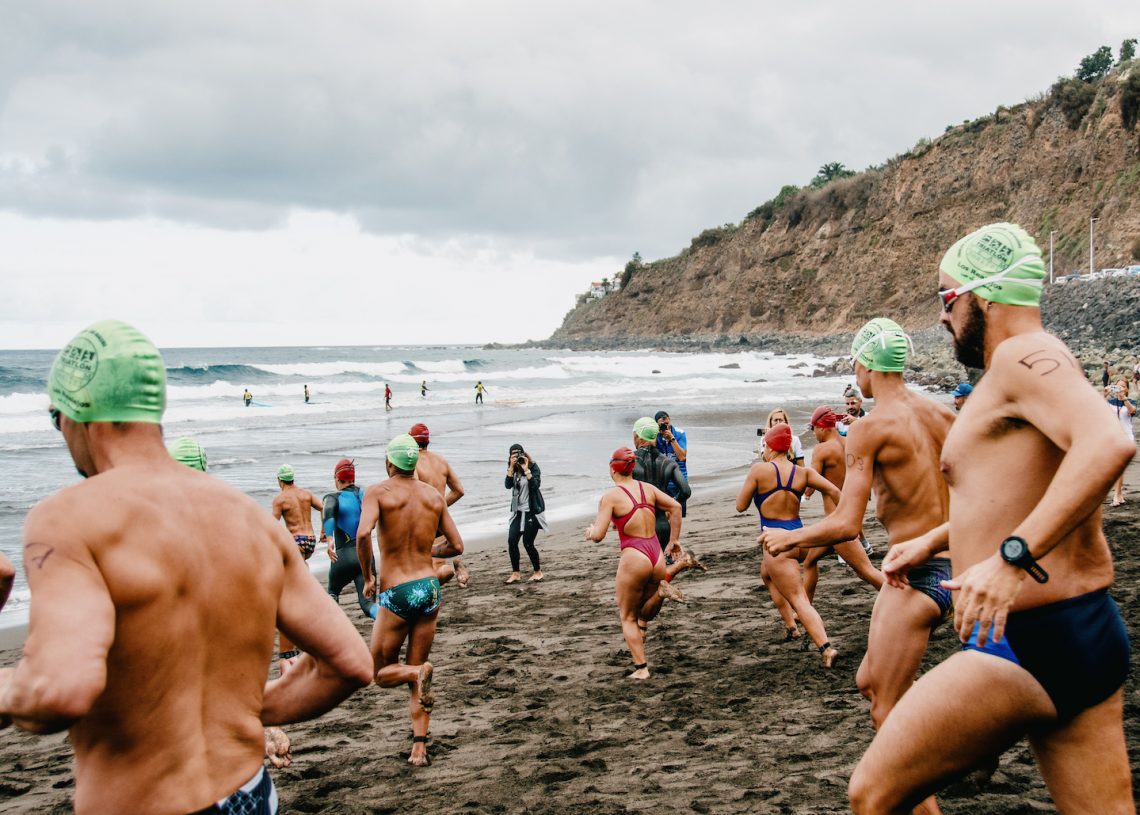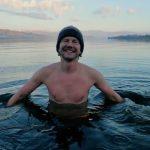
Retaining the joy of swim training
Simon Griffiths on prioritising the process of swim training, rather than the end goal of completing a challenge
As often seems to happen, when pondering a swimming question, I read something unrelated and realise it addresses what I’ve been thinking about.
When I was writing this article for the 2023 February issue, we were looking at swimming challenges. I usually think about swimming challenges as those flagship achievements that burnish our swimming credentials and credibility such as completing a 10km swim, crossing the English Channel or doing an ice mile (incidentally, I’ve only done one of these three and I’ve no plans to tackle the other two).
Anyone who’s gone through an appraisal process in a professional setting will also be familiar with this type of goal setting where you’re encouraged to target something specific and measurable to achieve within a fixed time frame.
Retain the joy
This is a well-trodden path, and a logical, practical way to get results. Yet a few things make me uneasy about it. First, when you build a training plan around a high-profile objective, there’s a risk of taking the joy out of swimming: swimming becomes something you need to do to achieve your goal rather than for the pleasure of being in the water.
Second, what if you don’t achieve what you set out to do? Have you wasted all that training time (especially if you didn’t enjoy it!)? Do you brand yourself a failure? And third, what if you succeed?
Are you done with swimming now? Do you lose your motivation to swim? Do you need to set yourself a bigger, hairier, more audacious goal?
Quiet challenges
There is another type of challenge. These are ones I was thinking about calling ‘quiet challenges’, but Kieran Setiya has a better word. These are challenges that don’t have CV-worthy or Instagrammable endpoints. They’re about being and doing rather than been and done. They are the unremarkable things you quietly build into your life that have long-term benefits but no notable conclusion.
For example, if you set yourself the challenge of improving your swimming technique, you will never reach a point where you are perfect. You might do things such as watching videos of elite swimmers, reading books about swimming technique and dedicating the first 10 minutes of any swim to drills.
It’s an unbounded process and you will never finish. The challenge is in the doing: in being the person who’s working on their technique, with no end goal to distract your focus from the here and now. There is no measure of success or failure. You just do and, hopefully, enjoy the experience.
Telic vs atelic
While pondering this, I was reading Life is Hard: How Philosophy Can Help Us Find Our Way by Kieran Setiya. In his chapter on Failure, he talks about two types of project: those that can be completed (and where non-completion represents failure) and that those that are not exhaustible, such as improving your swimming technique. He refers to these respectively as telic and atelic activities, and he contends (citing Aristotle) that living well – and being successful – is atelic.
In life, we should focus on the process – how we live – rather than the end result. The same is true of sport.
That’s not to say we shouldn’t embrace telic activities, but we could change the way we think about them. We should value and bring our focus to the process of training, of becoming stronger, faster, more resilient to the cold, or whatever, rather than the outcome.
Living well – and successfully – comes from the mindful and joyful engagement in our chosen activities, and is not dependent on completing our challenges.
This article is from the February issue of Outdoor Swimmer. Click here to subscribe to the magazine. Photo: Wild Swimming Spain
Browse more of our swim training articles.
To see all the online content from the February 2023 issue of Outdoor Swimmer, visit the 'Challenge' page.







